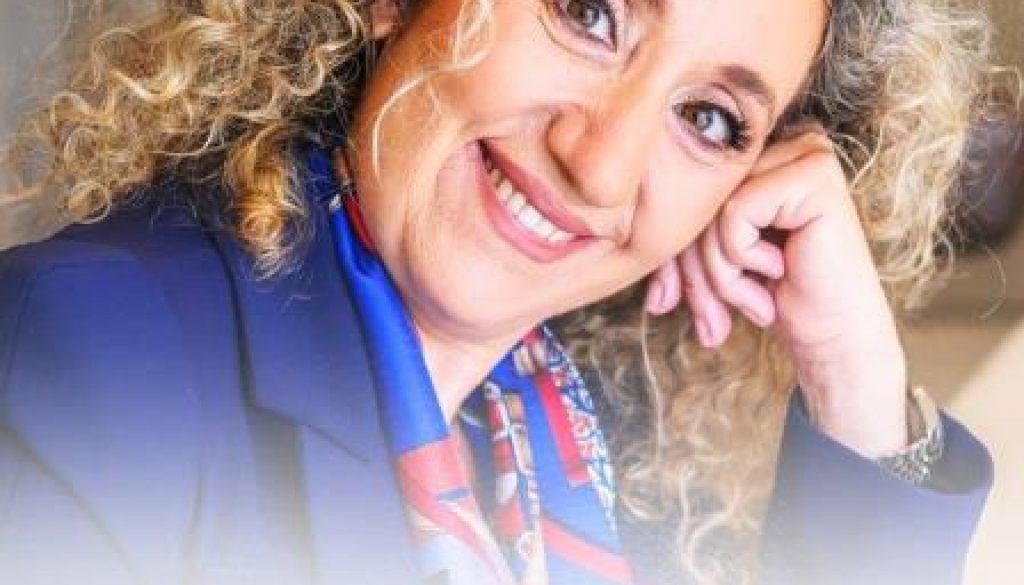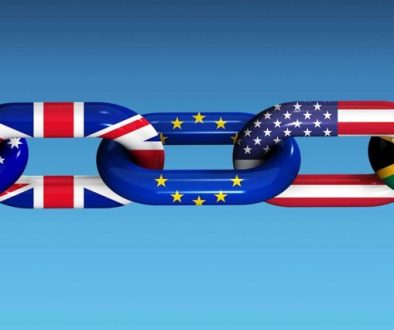Highlights:
- WUAB a driving force that has earned credibility and respect by the West:Its male dominant board of directors supported the establishment of the Women Empowerment group which has placed WUAB on the map of positive change in the Arab world. The angle that Head of Women Empowerment focused on is less empowerment and more awareness on the importance of diversity in today’s global environment. Removing the boundaries of competition between men and women and removing mental biases that prevented the collaboration of men and women from happening.
- Opening the door to women: The achievements of the women empowerment group since August 2017 starting with the charter for gender diversity, OECD inclusion of the charter in their publication, opening the door for women to be included in the C suite.
- Preparing Women: by sharing principles and concepts in the book to help women see themselves as powerful and at the same time teaching them concepts they can apply to bring peace and harmony to the organization. Women empowerment angle in the book shows that women have the power and the endurance to remain “untamable” and conquer success. The book aims to trigger courage.
- Preparing Men: the book teaches concepts to calm ones thoughts and optimize decision making abilities. This preparation sets the ground for managers to make a leadership shift. The book aims to prepare the bank’s employees for the shift that managers will make. It aligns the methodology presented in the second book with the expectations and the readiness of the workforce.
- A leadership shift:What is coming is a book that invites managers of banks to shift their leadership so that they can activate the power of their resources both men and women. The book shares a clear methodology that they can follow to make this shift.
- Inspiration to all: This is a book that shares the tale of an Arab woman’s perseverance to face adversity in multiple parts of the world
Q&A:
- What does this book mean to you?
When you spend over 40 years of experience in management in different parts of the world, you reach a state where your findings create consistent patterns, and consistent patterns can be labeled as scientific evidence, and scientific evidence needs to be shared. Sharing what is proven is a human duty and it is what makes one’s life, one’s experience and one’s hardship worthwhile. I believe that we don’t need to suffer to discover our innate power and we can learn from each other’s experience hence my book. Initially the intended audience was limited to my 2 sons, but I rose up to find the courage to share it with the world and realized that triggering others to turn hardship into success and joy is a main source of joy for me.
- What is the main focus of the book?
The main objective of the book is to share my personal findings how I was able to rise from a place where the possibility for success was zero to one success after another. In this book, I share how I did it and I share one step and 5 guiding principles that drove every decision I made. The uniqueness of how I share this knowledge with my reader is linked with the fact that I use personal events in my life to illustrate how I applied these principles, more importantly I take the reader through a reflection so they can see how the results would have become negative had I made different choices. It’s a case study aimed at shedding light on principles that drive our happiness and success.
- You are a recognized leader in the business world, how does it relate to your professional vision?
It is my conviction that the leader’s job is to activate the potential of everyone in the organization they manage. Activating another person’s potential begins with teaching them how to navigate life. A person’s life is not limited to the job, it encompasses all dimensions of life including the thoughts and emotions. I see this book as a tool that leaders can use to help evolve their organizations by triggering evolution on the individual human level. The evolution of people in the organization will support leaders as they shift their own leadership style to become activators of human potential instead of being solution providers. My second book – expected to be released in quarter one of 2022 addresses leaders and offers them a methodology to assist them in this leadership shift.
- You have a doctorate degree from university of Liverpool, tell us about your research
You can probably depict from my words that I have a problem with the concept of separation. To me, people are magical and we must find ways to unleash their magic inside the organization. This requires a clear methodology and it requires a reflection on core organizational processes such as recruiting, decision making, performance evaluation. My doctorate research focused on exploring if enabling feelings of spirituality inside the organization can unleash human potential. I want to highlight that the spirituality in my research is not a religious spirituality, it is defined as feelings of sense of belonging and sense of purpose of people. My research was implemented in the organization I managed and it provided evidence that when we trigger sense of belonging and a sense of purpose, and when we allow people to express such emotions inside the organizational setting, we can align them with the organizational sense of purpose and optimize the organization’s performance. Both organizations and people will become winners.
- How will your research help Arab Banks?
In the context of WUAB’s Women Empowerment Group, we have broken new grounds by introducing the charter for gender diversity, it is the first time Arab Banks collectively take the gender diversity notion into new grounds, this charter was featured in OECD’s publication and this is something to be proud of. This also illustrates the good will of top, influential Arab Bankers in driving a social change across the Arab World. I hope that the leadership shift I will share in my second book, will be adopted by Arab Banks and this will also become a groundbreaking achievement. Assisting individual bankers to evolve their thoughts and emotions will prove to be instrumental in the leadership shift and will facilitate the leaders’ transition into this new role.
- Why now? Is timing of releasing your first and second book linked to any milestones?
The global economy has changed drastically and we can no longer lead organizations today the same way we led them 30 years ago. New core competencies are needed such as agility and innovation among others, this requires a culture transformation where collaboration, speed, collective decision-making form the foundation of the organization’s culture. So yes timing is important, because we need to make the leadership shift now so we can embed change readiness into our organizations.
- We know that we have a second book that you plan to release in the coming months, is there a relationship between your first book “Untamable” and your second book?
Yes, there is. My first book “Untamable” prepares people on an individual level. It helps them learn how to navigate life’s challenges and hardship, it evolves their thinking to a new dimension, it elevates their emotions, and having employees at this level will facilitate the leadership shift which is my second book. My second book offers leaders a methodology they can follow and apply to transform their culture and their organization, while my first book prepares people inside the organization to embrace their leaders’ shift.
- What do you foresee the implication of implementing your books inside Arab Banks?
It is an opportunity to mark the world as pioneers in shifting their organizations’ culture, such an event has never happened before as a collective entity. It’s also a great opportunity to show the values and the advanced business thinking of Arab Bank Leaders. If Arab Banks succeed at making this shift as a group, they will again mark their place in the business leadership world.
- You grew up in Canada, do you think the information in your book applies to the Arab world?
People are people, we all have the same needs what differentiates us is the culture. The information I share in my second book encompasses experience of over 40 years in multiple areas in the world including Canada, Lebanon, UAE and others. The short answer is yes the information I share in my first and second book applies to the Arab World and can succeed well in this environment given the diversity of cultures within the Arab organizational setting.



